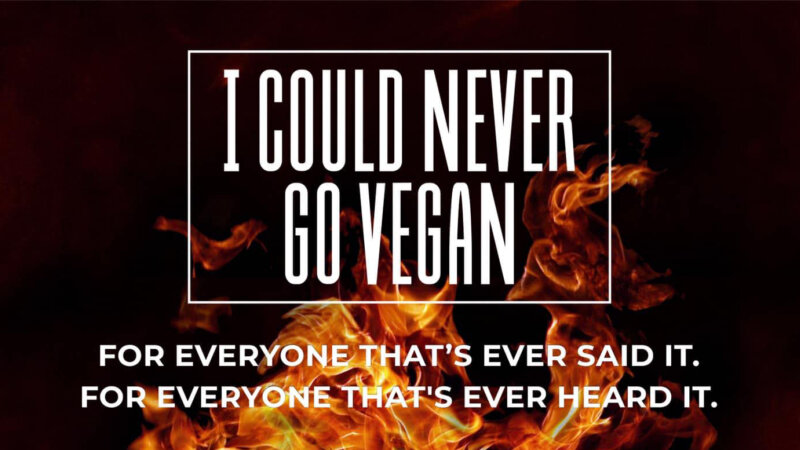Storytelling / Anna Karenina.
JOÃO PAULO SIMÕES.
Let me tell you a story. A story of solid friendship and kindred spirits. A story that comes in pairs, as it concerns two friends, two books, two film producers, two featurelength films and two not-so-long gone literary minds.
We were under the silvery light of Lisbon - the very same that gives a sharp, sizzling contour to my skin as I type this article into my smart phone - when my close friend, the actor LuÃs Correia Carmelo, borrowed my copy of Hermann Hesse's Steppenwolf. This was the year that preceded my departure to England and as I'd been raving about it in an utterly egotistical way, he perhaps wanted to discern the aspects of the central character that most strikingly coincided with my spiritual condition. Years elapsed and as I developed what was to be my second Portuguese language film, Ausências de EspÃrito (Absences of Mind, 2005), it made sense to involve LuÃs, who had been so instrumental in my artistic development. The paradox lay in the fact that by then he had turned his back on conventional acting and had become a very much in-demand storyteller.
My approach to filmmaking as a medium which does not rely strictly on storytelling was affirming itself and this was the film that I selected to make this outrageous statement. Divided into faintly connected segments, the film introduces an absurdist tale conceived and told to camera by Luis. This ironic device was to be repeated and improved upon in Ãguas Furtadas e Outras Ausências (Stolen Waters and Other Absences, 2007). The filming of this second instalment in the trilogy coincided with the perusal and borrowing of my good friend's copy of Tonino Guerra's Il Poverone - Storie per una Notte Quieta and the tacit agreement that if he wanted it back, he had to travel to Sheffield to collect it, since I had to go all the way to Évora to regain possession of Steppenwolf.
Poverone is a collection of transcendental short stories by the screenwriter of L'Avventura (1960), L'Eclisse (1962), Blow-Up (1966) and Zabriskie Point (1970). In other words, the man responsible for reshaping the way we look at character and psychological context in modern cinema. This particular book has become a teaching tool in sporadic private Portuguese lessons I give and the source of much linguistic delight, as favoured by a particular student, who happens to be a successful British film producer, but is, above all, a wonderful human being.
Something definitely connects Tonino Guerra and my grandfather, the poet MaurÃcio de Almeida Gomes. They were both remarkable storytellers of unexpected tales that were infused with tradition, obscure folklore and enlightening in their assessment of the human condition. Yet one became a prolific screenwriter, while the other cut short his literary output in order to protect his family from a displeased secret police during the Portuguese Fascist Regime.
Those acquainted with the aforementioned (or other) films scribed by Guerra may or may not struggle to understand why he is a remarkable storyteller. I would say that the appreciation of his oeuvre relies entirely on the viewer's expectations of what the purpose of cinema should be. Most viewers do expect a film to tell a story within vaguely predefined parameters. What you get from Guerra, by means of Michelangelo Antonioni's vision, is an awareness; a sense that a story can unfold gradually (if not to say abstractly) and just around the corner of a physical or spiritual journey.
The inability to connect, the moral implications of our actions and the existential unease mirrored in the surroundings can all be found in his work. If my grandfather's decision to turn his back on his writings enabled my filmmaking (in the grander scheme of things), Guerra's groundbreaking approach paved the way to my very own narrative journeys.
# A final look back at the preceding paragraphs, sentences, words whilst sitting in the transitional limbo of an airport, surrounded by anonymous faces, voices and exposed habits; people that carry stories larger than their hand luggage... All bringing me to one last thought: as long as it involves human beings, film will always tell a story. But it should be free to do so in every (in)conceivable way. #
|Reviewer - Alex Murray.
When my girlfriend cheated, I suddenly saw the edges of love, the bits where it wasn't, the world outside. The Truman Show taught us that a world with edges isn't worth living in. In Anna Karenina, Leo Tolstoy's story of pre-revolutionary Russia, you can see the limits of the old order, and that's why it must end. Anna (Keira Knightley) and Count Vronksy (art toyboy Aaron Taylor-Johnson) embody the coming tumult with an affair that smashes through the scenes of propriety, exposing them as façades.
Director Joe Wright and writer Tom Stoppard's adaptation reduces the action to a contrived spectacle, halting extras mid-dance to show the solipsism of Anna and Vronsky's passion. Actors exit scenes by stumbling backstage. Everyone seems on the verge of singing. Reality, where it occurs, stands out: the Walking Dead gore of a disemboweled railway worker; PETA-baiting real fur costumes; the mating-slug shock of Keira and Aaron's snogs. A fetish for stagecraft cheats us of the illusion of cinema.
We don't like cheaters. If the man is a dirty dog, it's the woman we can't forgive. As Kristen Stewart can attest, a woman's reputation is her livelihood. Anna is a modern woman, recklessly selfish in a way only men are allowed. Women are social bodies, or they are nothing, but Anna's humanity is just too big to fit her destiny.
Love is a body rupturing the elaborate costumes and meticulous sets. Anna self-medicates on desire, her fall from grace measured in inches of exposed shoulders and the distracting wonkiness of Vronsky's moustache. The aftermath of cheating is a new world where the end of love is always possible. I can live with it, but Anna throws herself under the locomotive of history, becoming a martyr for a new way of loving. Tellingly, Keira's bankable face remains intact.
All the men here are Movember hipsters, even Frou-Frou the crimped stallion. Are we being sold looks for autumn/winter '13? Keira, face of Chanel, seems cursed with actress/model interchangeability. As in perfume ads, here she finds herself striding meaningfully through the rooms of listed buildings, discarding haute couture.
Anna Karenina is realism rewritten for celebrity culture. Instead of gazing, we graze in an act of transubstantiation that repackages ponderable art as consumable commodity. This is Prog Cinema, pompous and metatextual, wantonly anachronistic like the period it portrays, demanding to be dispelled by the Johnny Rotten shriek of modernity.
)




